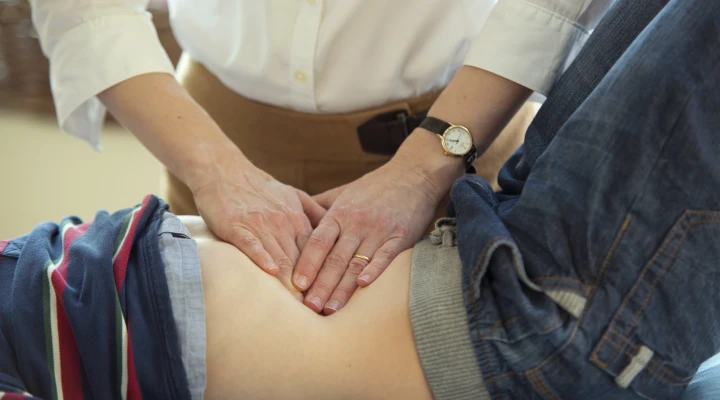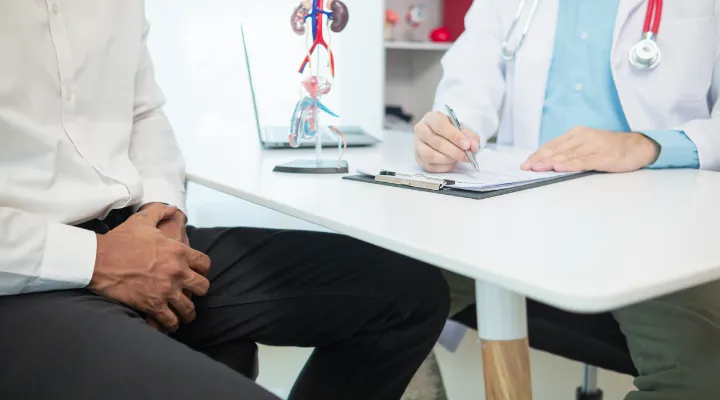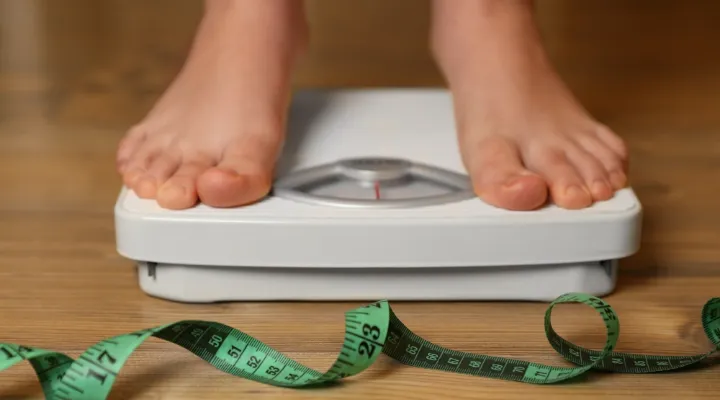Why are these screenings useful?
The parent doesn't see that there's a problem
Often, parents don't notice the signs of development problems or other health issues, and even if they do, they don't necessarily realize their significance. For example, if the child stumbles a lot, many parents assume that they are simply a bit clumsy. Yet this issue could be the result of problems with the child's sight, or developmental delays in terms of their coordination and movement. Similarly, we tend think that if a child still hasn't spoken by the age of three, they are just the late to mature, but this issue could actually indicate a serious hearing problem. The situation is made more difficult by the fact that the child cannot signal to us that they have a problem. Either because they cannot speak, or because they do not know what's normal or healthy.
The sooner we start to treat them, the better
Health issues and developmental abnormalities and delays that are discovered early can be treated more quickly and more effectively. If we begin to treat these issues in childhood, then by the time the child is fully grown the problem may have either disappeared or been significantly reduced, helping us to prevent the development of chronic or more serious diseases or conditions.
The "silent killers"
Some illnesses can easily remain hidden, and if left over time can lead to some serious problems. These include high blood pressure and thyroid-related diseases. Screening tests enable the doctor to discover these issues and begin the necessary treatment in time.
What does a pediatric screening include?
In a pediatric screening the pediatrician spends one hour assessing the physical and mental health of the child. Rather than look for a particular problem, we make an overall assessment of the child. We check their growth and development, carry out age-specific tests, offer advice regarding vaccinations and can also administer any required and optional vaccines. The check-up includes a musculoskeletal basic screening, a screening for sleep disorders, and discussion of the quality and consistency of the child's feces. Many people wouldn't think it, but it's possible to detect serious diseases such as an under or over-active thyroid from simple tests such as assessing body weight and height. If we find any irregularity and further tests are necessary, then we will refer the patient to a specialist. A positive psychological balance is also essential for our general health, so we also pay close attention to this area during our screenings. Screenings also provide an excellent opportunity to educate children about their health.
What kind of advice can the doctor give regarding health education?
Every doctor has a duty to educate children about their health. We can offer advice for parents about what kind of bed and layette set to choose, how to make sure their child is secure in the car, and how long they should allow their children to watch TV for. We can also help parents decide what kind of sports are most suitable for their child's body, and how much exercise they need. When the children get older, we also speak to them about male-female relations, sexuality, smoking, alcohol and drug abuse. We also teach them how to examine themselves, how they can feel for lumps in their breasts or testis.








